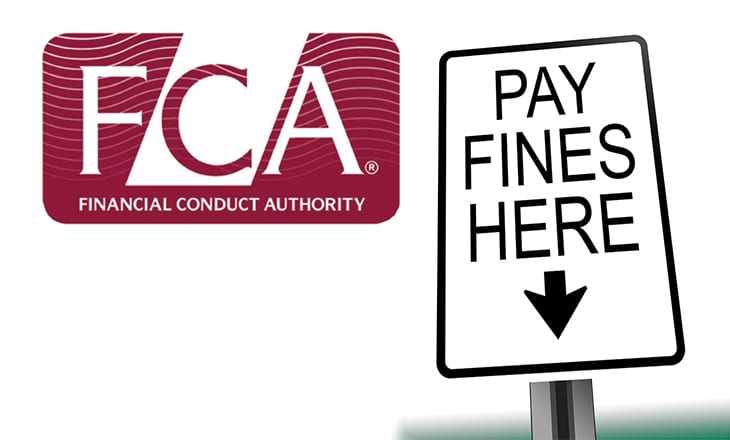The Financial Conduct Authority (FCA) has banned and imposed financial penalties on two former Worldspreads Limited (WSL) employees. WSL, which operated a spread betting business, collapsed in March 2012.
The FCA has fined WSL’s former Chief Financial Officer, Niall O’Kelly, £11,900 and former Financial Controller, Lukhvir Thind, £105,000, for engaging in market abuse and permanently banned them both from performing any function related to regulated activity.
In August 2007, the holding company of WSL, Worldspreads Group (WSG), floated on the Alternative Investment Market of the London Stock Exchange. Mr O’Kelly was closely involved in drafting and approving the admission documentation for the flotation, which contained materially misleading information and omitted key information that investors would have needed in order to make an informed decision about the company.
The FCA also found that Mr O’Kelly helped manage an undisclosed ‘internal hedging’ strategy at WSL using fake client trading accounts and the unauthorised use of actual client trading accounts. By doing this, he artificially inflated assets on WSG’s balance sheet.
In the Annual Accounts for 2010 and 2011, Mr O’Kelly and Mr Thind knowingly falsified critical financial information concerning WSL’s client liabilities and its cash position, which was passed to the company’s auditors. This meant that material shortfalls in WSL’s client money position were concealed from investors. By 31 March 2011, these misstatements amounted to £15.9 million. WSL was unable to meet this client money liability which ultimately led to WSL’s collapse in 2012.

Mark Steward, FCA
Mark Steward, FCA Director of Enforcement and Market Oversight, said:
Mr Thind and Mr O’Kelly deliberately and repeatedly disseminated false and misleading information relating to a publicly listed company. Their actions amounted to serious market abuse, undermining the integrity of our markets and this will not be tolerated.
It is to Mr Thind’s credit that he, eventually, raised concerns to the WSL Board and that both he and Mr O’Kelly cooperated with our investigation and admitted market abuse.
Mr O’Kelly and Mr Thind agreed to settle at an early stage of the FCA’s investigation and therefore qualified for a 30% discount. Mr O’Kelly also provided evidence of serious financial hardship. Were it not for the discount and Mr O’Kelly’s financial circumstances, the FCA would have fined Mr O’Kelly £468,756 and Mr Thind £150,000.
The FCA considered carefully whether to pursue criminal charges for market misconduct and decided, in light of the available evidence, that the case should be pursued under the Market Abuse regime.
